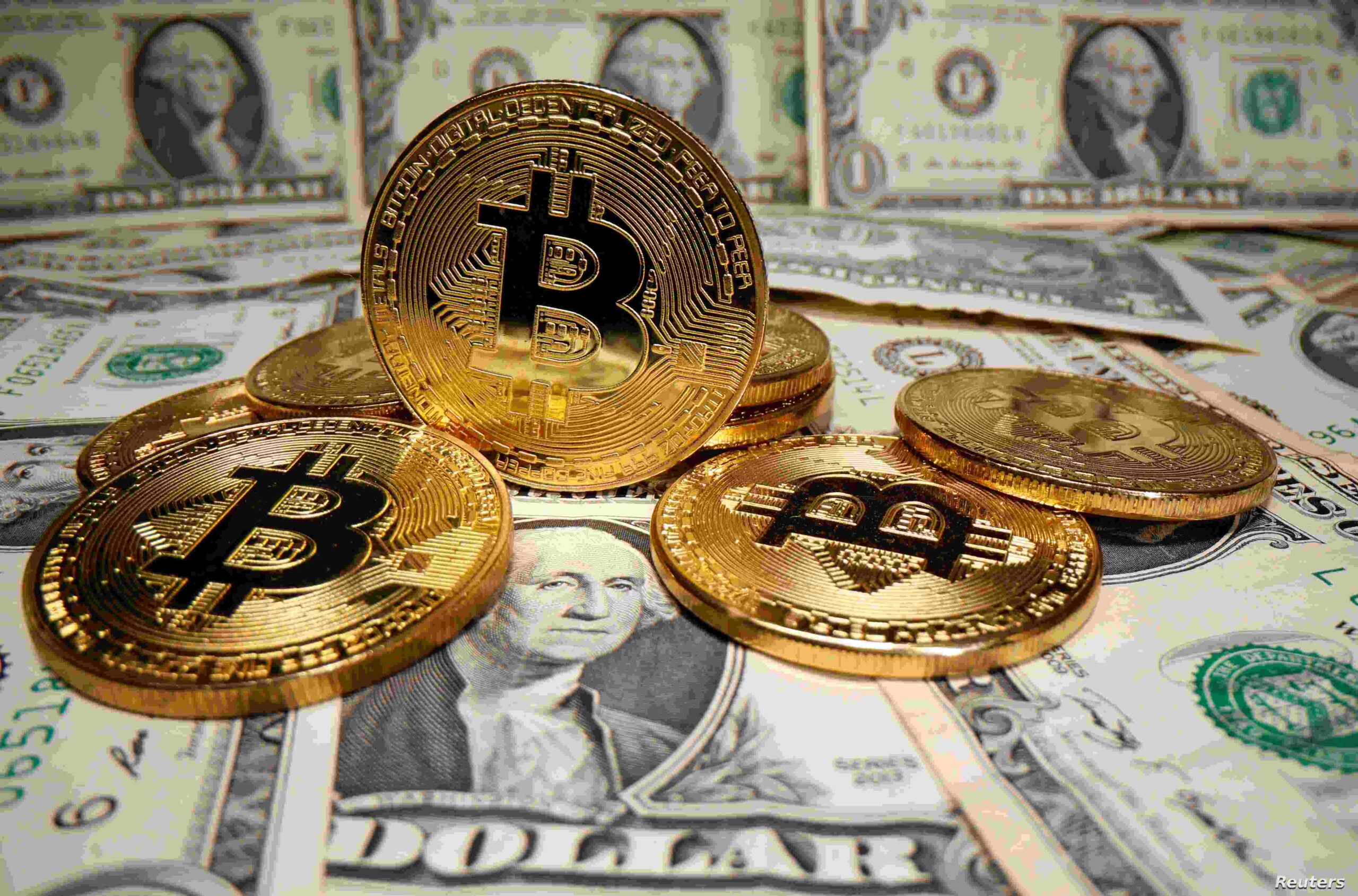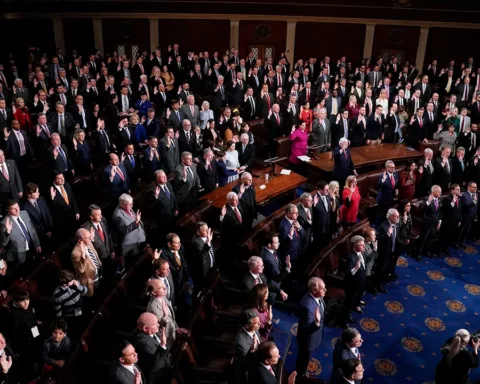WASHINGTON – In doing so, she indicated that the U.S. is joining a growing movement among major economic powers to rethink how money will be exchanged in the future.
Proponents of a CBDC point to a future in which electronic payments between individuals or businesses could be instantaneous and permanent, with no need for a bank to serve as an intermediary, and in which even individuals without access to a bank account could easily receive secure electronic payments.
Doubters express multiple worries, including concerns about privacy, pointing out that the system could give the federal government access to transactions that individuals would prefer to make in private. There are also economic concerns, such as the possibility that a digital dollar circulating freely around the globe could displace national currencies issued by smaller countries’ central banks.
Whether it’s a good thing or not, the possibility of national governments issuing digital versions of their own currencies is gaining traction globally, with China leading the way on a digitized version of the yuan that is already in limited circulation.
David Treat, a senior executive with Accenture who leads the consulting firm’s efforts in the area of digital currencies, said that his company has worked with a majority of the central banks in G-20 countries, and he estimates that a quarter of them will have some sort of digital currency in circulation by 2024.
With CBDCs seemingly an inevitable part of the world’s financial future, here are some of the pros and cons of the new technology being applied to the world’s most widely used currency.
Pro: low volatility
Unlike other digital currencies, such as Bitcoin, a digital U.S. dollar would be worth exactly that: one dollar. The digital “token” held by the owner is backed and guaranteed by the Federal Reserve.
“There is no question as to its value,” said Treat. “Whether it’s the dollar in your wallet, the dollar in your savings account, or the central bank digital currency version of $1 in your digital wallet, all of them always equals $1.”
Pro: efficiency
While normal digital transactions might seem instantaneous, there is a vast web of digital infrastructure underpinning even a simple Venmo money transfer, requiring multiple exchanges of information between financial services providers confirming that the person making the payment has the resources to cover it, and that the recipient is equipped to receive it. A breakdown in any part of the system can result in delayed payment confirmation.
By contrast, said Treat, a digital dollar would operate like cash, in that all the information needed to verify that a transaction has taken place exists within the token stored in a digital wallet. When a payment is made, that information is encoded in the token itself, making that information a permanent element of the token.
This means that two individuals with digital wallets on their smartphones could theoretically exchange digital dollars for goods and services without an internet connection, so long as the devices were able to connect through now ubiquitous near field communications technology. (When both digital wallets regained an internet connection, a record of the transaction would be stored in a “distributed ledger” that would add a further degree of security.)
Pro: global accessibility
A reliable digital dollar could be used around the world, in both cross-border and domestic transactions.
“One of the key potential benefits of CBDC would be reduced costs and friction in cross-border exchange,” said Daniel Gorfine, a director of the Digital Dollar Project, a non-profit effort that is aiding in the push to roll out a digital dollar. “It is important that the U.S. play a leadership role in establishing global standards around CBDC to foster this potential.”
With the proliferation of smartphones in even some of the world’s poorest countries, CBDCs in general could help bring many people around the world into the digital economy.
“To the extent that a digital wallet on a mobile device is lower cost from a technological, operational, and regulatory perspective, more un-or-under-banked individuals may gain efficient onramps to the financial system,” said Gorfine, who answered questions in an email exchange with VOA. “This should certainly hold true within the U.S. and abroad; indeed, the experience of countries like Kenya show that digital access can have a strongly inclusive effect on underserved populations.”
Con: privacy concerns
The idea that the Federal Reserve would be running a system that tracks an untold number of financial transactions conducted by private citizens raises alarm among privacy advocates. Many point to China’s digital yuan system, in which the government sees access to transaction data as an explicit feature.
In an interview with CoinDeskTV last week, Brian Brooks, who served as the acting chief regulator of U.S. national banks during the Trump administration, said that he doesn’t believe the U.S. ought to go down the same road as Beijing.
“The idea of funneling everybody into the [Federal Reserve] for a CBDC feels a lot like asking people to go back to the post office,” said Brooks, now the CEO of cryptocurrency trading platform Binance. “I just don’t think that’s the American way. It’s clearly the Chinese way, but I don’t think we’re going to see that in this country.”
Supporters of a CBDC, like Treat, say that the Fed’s operation of the system should be seen as a plus to privacy advocates, because the central bank would be bound by the U.S. Constitution’s Fourth Amendment ban on the unreasonable search and seizure of personal information.
Con: undermining local currencies
Making it possible for individuals outside the U.S. to easily exchange payments in U.S. dollars could be good for people on the individual level but bad for countries trying to manage a national currency.
If the dollar were to supplant the local currency as the preferred medium of exchange, it could damage the buying power of individuals reliant on it and harm the local central bank’s ability to manage its own money supply.
It’s a problem that Gorfine acknowledges must be addressed.
“Studying the potential for increased international dollarization is prudent,” he said. “There may be ways to mitigate certain risks, however, including by limiting holdings in digital dollars … In the long run, to the extent that demand grows for access to digital currencies, it is a good thing for those offerings to be underpinned by strong democracies that embed key norms and rule of law with the digital currency offering.”






